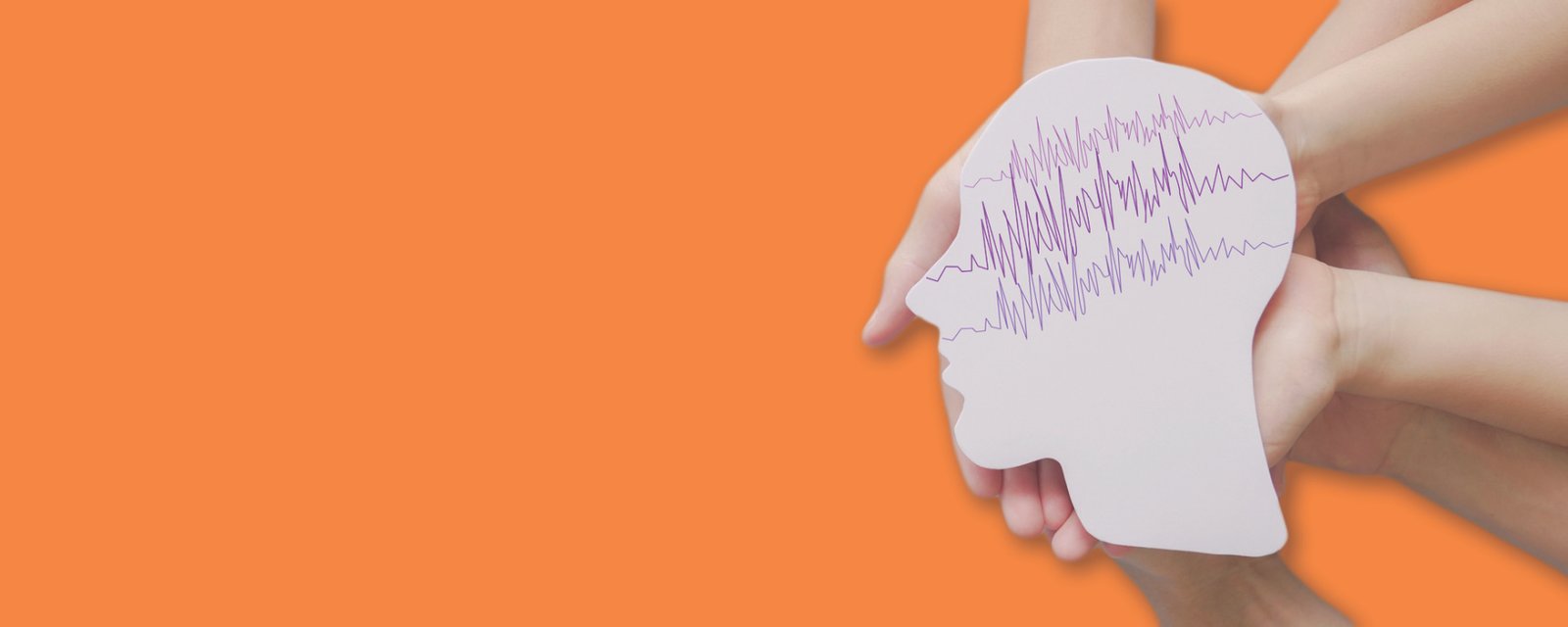
What is Electro Encephalogram (EEG) ?
Paediatric Electroencephalogram (EEG) is a specialised investigation that assesses and monitors the brain's electrical function in children and helps diagnose seizures and epilepsy.
EEG is performed to diagnose seizures, epilepsy, and seizure-like events such as syncope/ movement disorder/ sleep jerks.
In addition to routine/sleep-deprived EEG (electroencephalography) we also provide ambulatory EEG (AEEG) services. This additional special test will allow us to perform prolonged EEG monitoring for more than one night where needed and experienced clinical neurophysiologists will conduct the study.
In children with suspected epilepsy who have ongoing events and a normal routine/sleep-deprived EEG, prolonged monitoring through AEEG may help diagnose the condition before trialling anti-epilepsy medication.
We investigate and clarify the type of epileptic seizures (fits) and episodes that may look like epileptic seizures (non-epileptic episodes).
We monitor children who we know have epilepsy, where there has been a change in the type or the number of seizures.
For nighttime events, where diagnosis of ‘nocturnal frontal lobe seizures’ needs to be excluded.
An EEG is a safe and painless procedure. It does not involve X-rays, needles, or any risk of electric shock. The electrodes simply measure brain activity and do not transmit anything into the body. Some children may worry that the machine can read their thoughts or dreams, so it’s helpful to reassure them that this is not the case. During the setup, your child will only feel gentle contact with their scalp and hair. The test itself is completely harmless and has no side effects.
Download EEG forms to get started
Q & A
General Practitioners and Paediatricians can download the EEG request form here and email or fax after filling in the details.Your child’s hair should be clean, dry, and free of products. If they have head lice, please reschedule after treatment. Before the EEG, the scientist will ask some questions, explain the procedure, and measure your child’s head to mark electrode positions. The scalp will be cleaned, and 23 electrodes applied with conductive paste and tape, possibly secured with a bandage. Your child should remain reasonably still. A video is recorded alongside the EEG, and the scientist monitors and notes any events. Activation techniques may include eye movements, deep breathing, flashing lights, or sleep (often sleep-deprived). Bring distractions like toys or a device to help keep your child calm.
A sleep-deprived EEG test is sometimes performed as it increases the chance of finding epileptic abnormalities. Before a sleep-deprived EEG test, school aged children (>5 years) will be asked to stay up as late as possible (3 hours past the normal bedtime) and to wake up at least 2 hours earlier than normal. Care should be taken and discussion with your doctor should occur if sleep deprivation is a trigger for your child’s seizure. In that case, it may be possible just to wake your child up earlier than usual on the day of the EEG test.
Yes. You are welcome to stay in the recording room during the EEG unless you feel that your child will be more comfortable without you. It is important to arrange for another adult to look after any other children while the recording is being done as they cannot stay in the room.
During setup, your child will not feel anything other than their scalp and hair being touched. The paste is easy to wash out of the hair after the test is completed. There are no side effects from an EEG. An EEG is not harmful, there are no X-rays or injections and it cannot read your thoughts. All EEG recordings and relevant portions of video are saved and kept in a secure place in Westmead Specialists/ Norwest Kids Specialists.
The test usually takes about 45 minutes but sometimes it may take longer, especially if a sleep recording is needed.
Neurologist will discuss the results with you and the report will be sent to your doctor.
EEG is completely safe and pain free for your child.
Wash your child's hair the night before.
Bring your Medicare card and the EEG request card or referral letter (if it has not already been sent in).